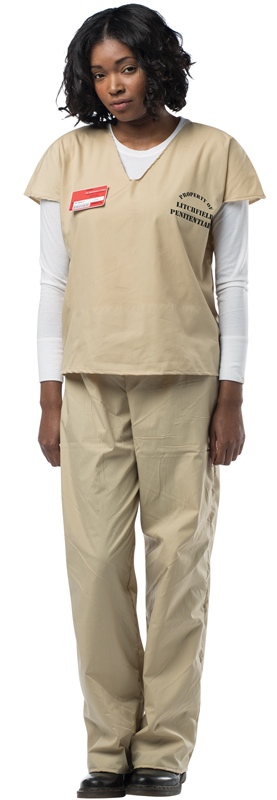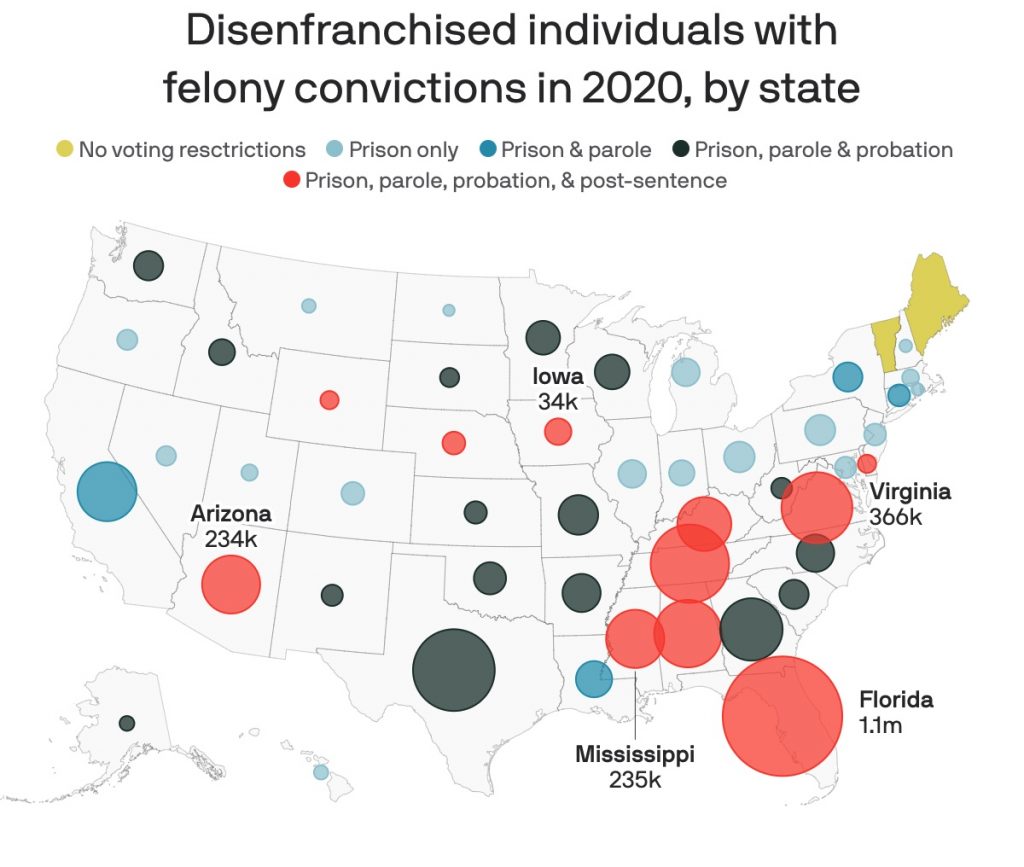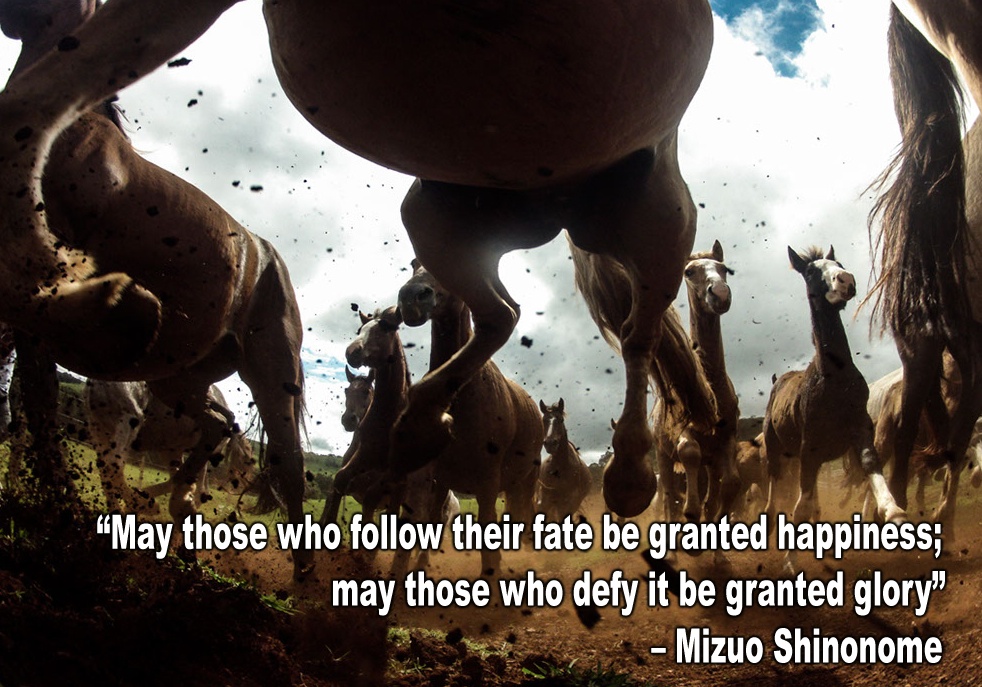 Learning prisoner reentry issues means relearning prison.
Learning prisoner reentry issues means relearning prison.
If we don’t resist the manner in which we’ve been trained to recognize incarceration and the incarcerated, offenders will only continue to be recycled through the system rather than redirected.
 Americans need to unlearn prison and relearn life behind bars, but not because prison reform is a growing national dialogue: bandwagons produce hot exhaust already. We need to be reeducated because our understanding of the poor coping skills, pressure, and PTSD faced by those emerging from detention has been the stuff of movie jokes for as long as any of us can remember. Mutated by Hollywood and put off by unpleasantness, most Americans can’t get past convict caricatures to see key subtleties that must become part of our awareness. And I do mean ours: taxpayers, you, me, and Law-abiding Larry — not just the social workers we usually leave to resolve issues of recycling vs. redirecting.
Americans need to unlearn prison and relearn life behind bars, but not because prison reform is a growing national dialogue: bandwagons produce hot exhaust already. We need to be reeducated because our understanding of the poor coping skills, pressure, and PTSD faced by those emerging from detention has been the stuff of movie jokes for as long as any of us can remember. Mutated by Hollywood and put off by unpleasantness, most Americans can’t get past convict caricatures to see key subtleties that must become part of our awareness. And I do mean ours: taxpayers, you, me, and Law-abiding Larry — not just the social workers we usually leave to resolve issues of recycling vs. redirecting.
Following my own successful parole, I never expected to become a prison commentator or a conveyor belt of questions about confinement, but I can never seem to escape the little strings in life that lead back to my experiences behind bars. Each one returns me to lessons learned “inside” that now take civilian form on a daily basis. In fact, those lessons accompany me so doggedly, I’m constantly comparing in-custody versions to civilian values and principles. Witnessing inmates upholding the same rules they utterly failed to live by “outside” was and remains fascinating. At the same time, it makes sense that a closed culture like the one behind bars would enforce a rapid and uncompromising assimilation process. Read more




